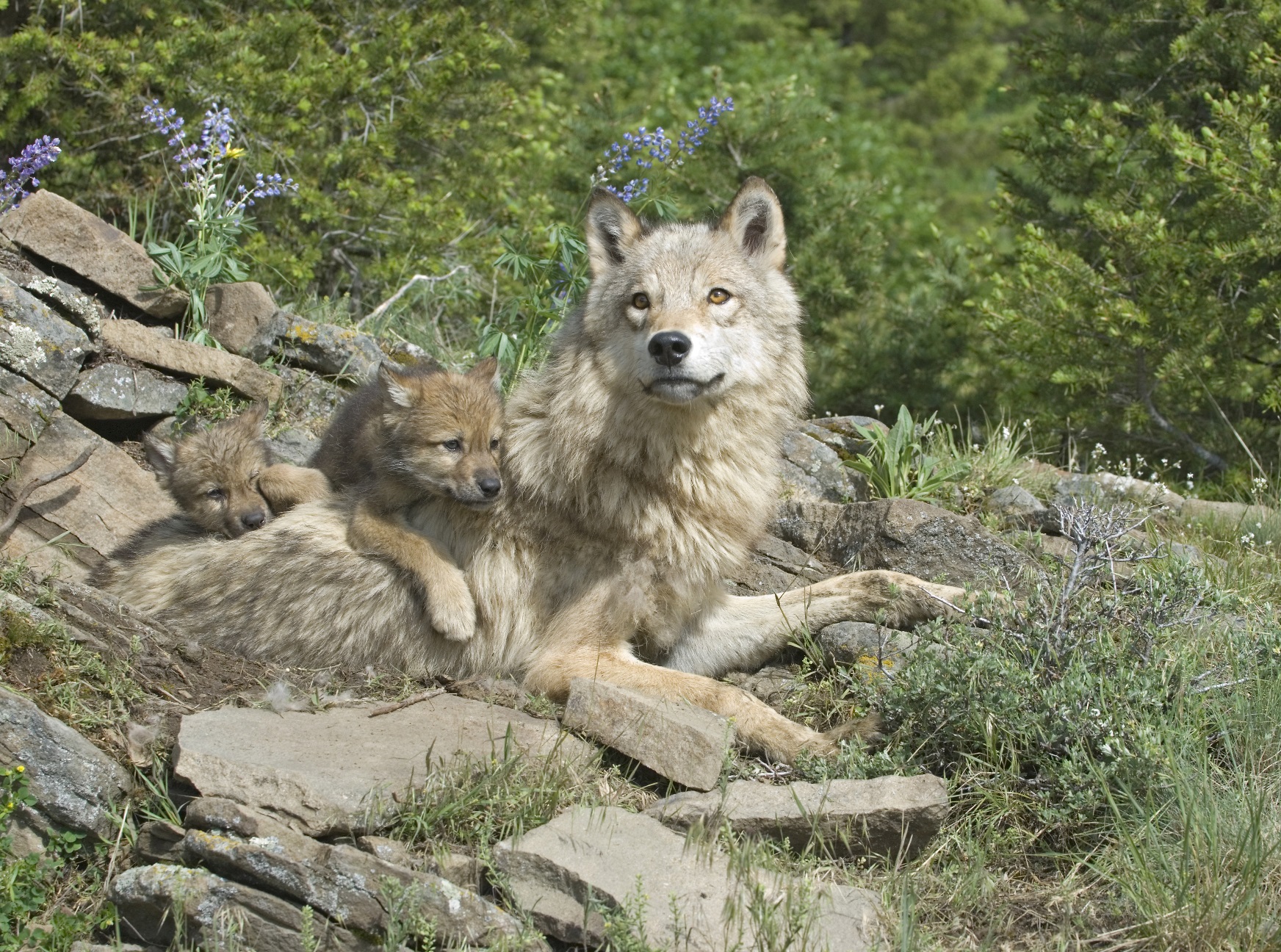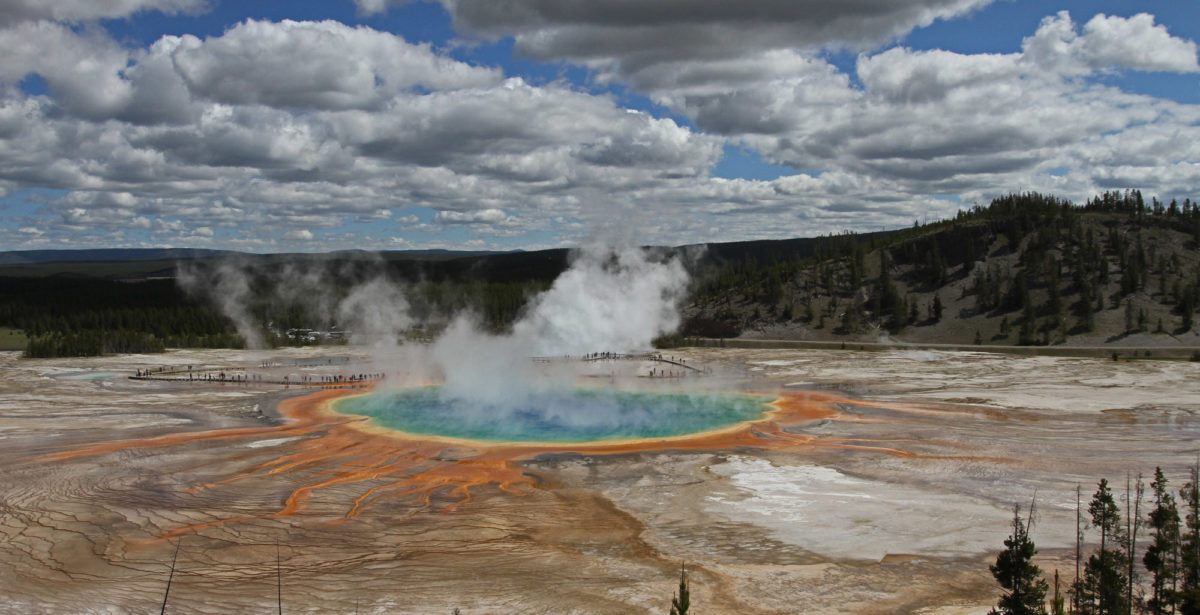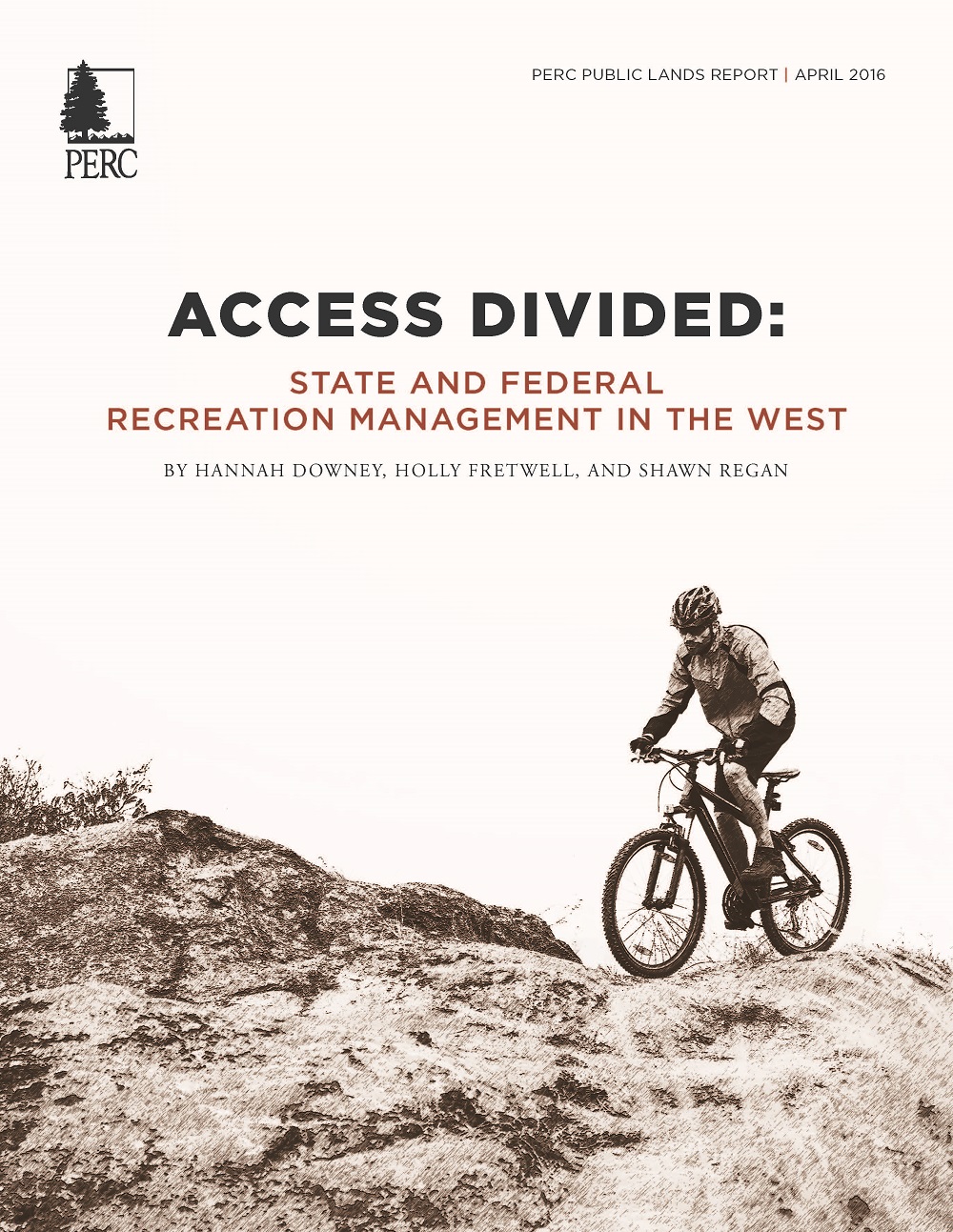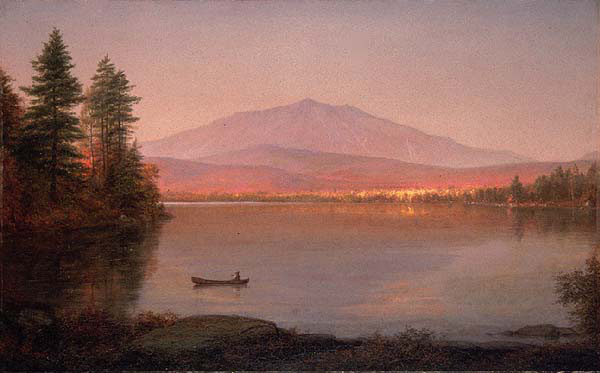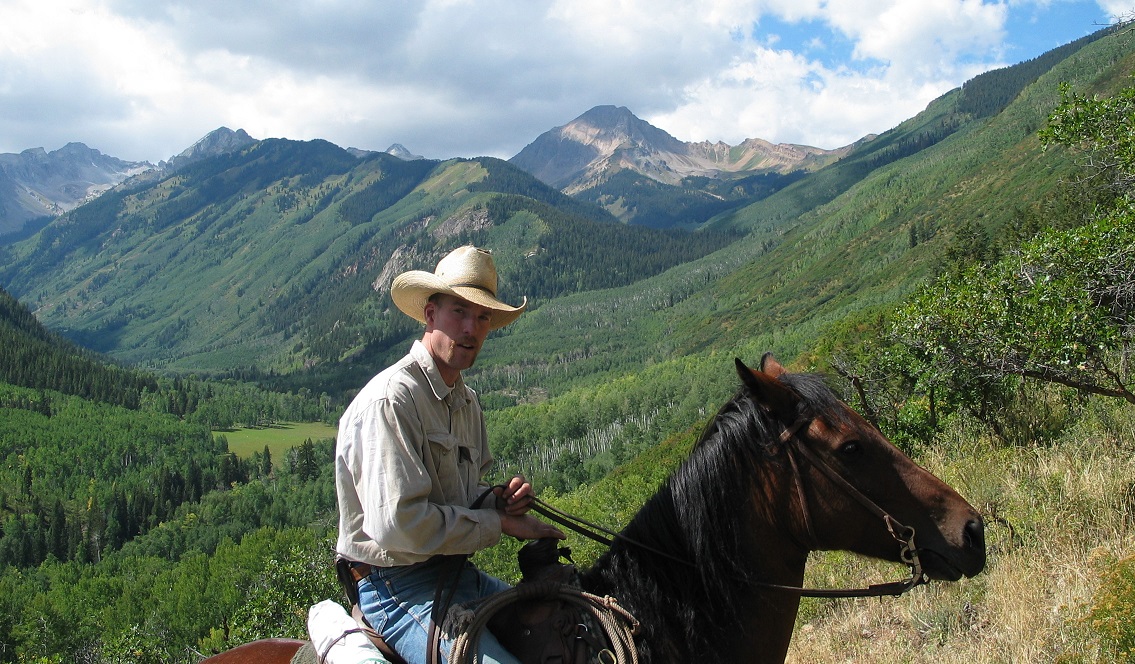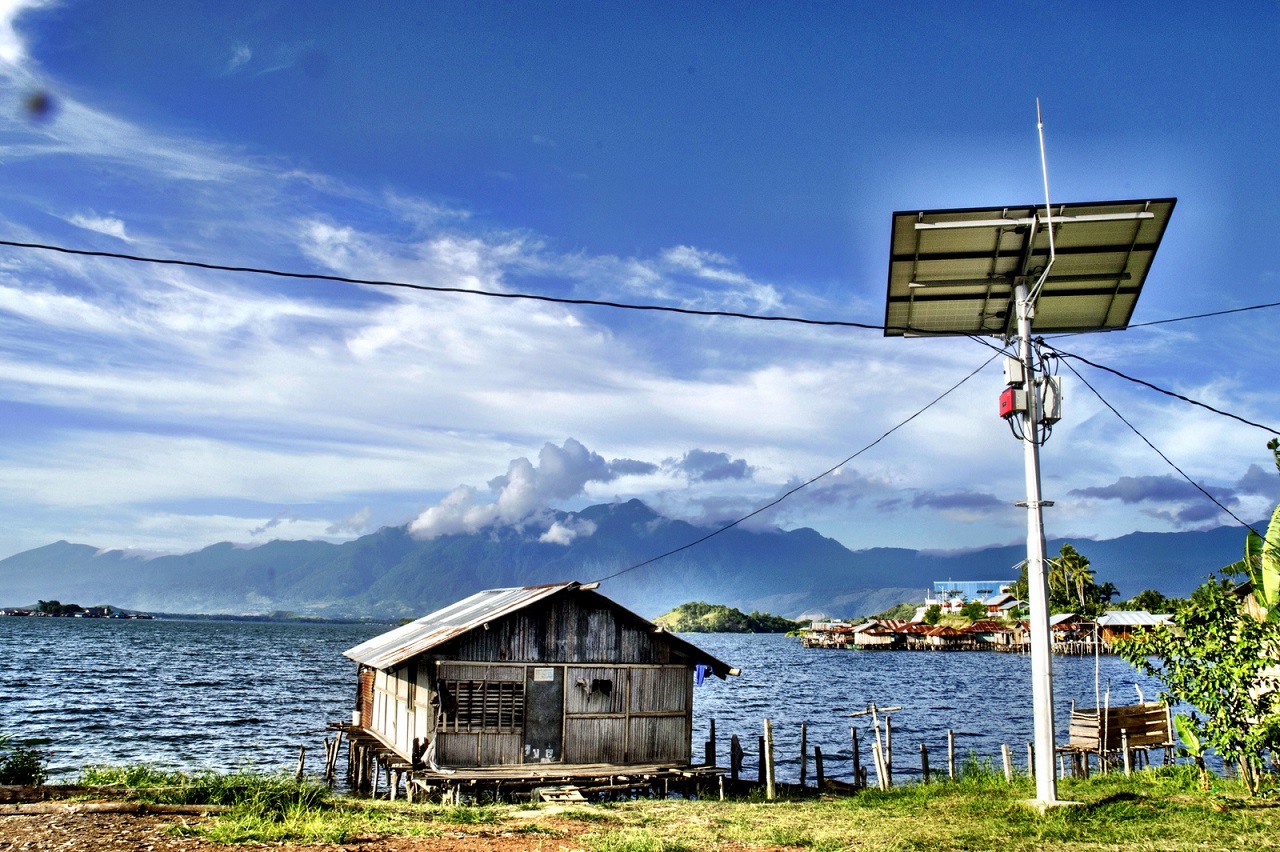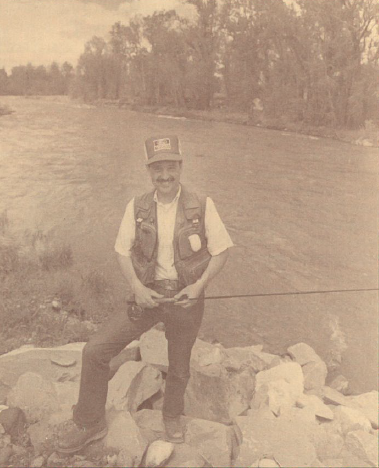Rudyard Kipling’s story of a wolf foster mother may seem pretty far-fetched, but recent studies have shown that gray wolves really will foster orphaned pups.
Author Archives: admin
A Snapshot of Zion National Park
As we mark National Park Week and the National Park Service’s Centennial, let’s remember just why we love these parks so much and continue to seek ways to conserve them for future enjoyment.
Myth: Taxpayers Should Not Pay National Parks Fees
Today’s myth: As taxpaying citizens, we should not pay to visit our national parks.
PERC Thoughts: Why We Care About Our National Parks
As America honors her parks, it’s important that we ask serious questions regarding the $12 billion maintenance backlog, so we can continue to explore and enjoy our national parks in the future.
Access Divided: State and Federal Recreation Management in the West
Outdoor recreation is a way of life in the western United States. Our newest Public Lands Report examines various approaches to recreation taken by public land agencies across the West and explores the ability of these different agencies to resolve competing recreational demands.
Can the National Park Service Capitalize on its Brand?
A park franchise model could help create a new national park in the North Woods of Maine.
How Is a Wolverine Like a Spotted Owl?
Environmentalists using the Endangered Species Act for political purposes find a new mascot.
TBT: Multiple Use
Multiple use was once the guiding principle behind public lands management. The idea was that many uses could be balanced across many acres. America was a place for all walks of life – cowboys and fishermen, loggers and miners, family vacationers and wildlife.
Enviropreneur Update: March 2016
PERC’s 2015 enviropreneurs are decarbonizing energy, detecting lung cancer, and leading shark expeditions. Take a look at what they’ve been up to.
TBT: Beneficial Use of Water
Throwback Thursday: How “beneficial use” reforms and water leasing programs provide incentives to leave water in streams for fish.
